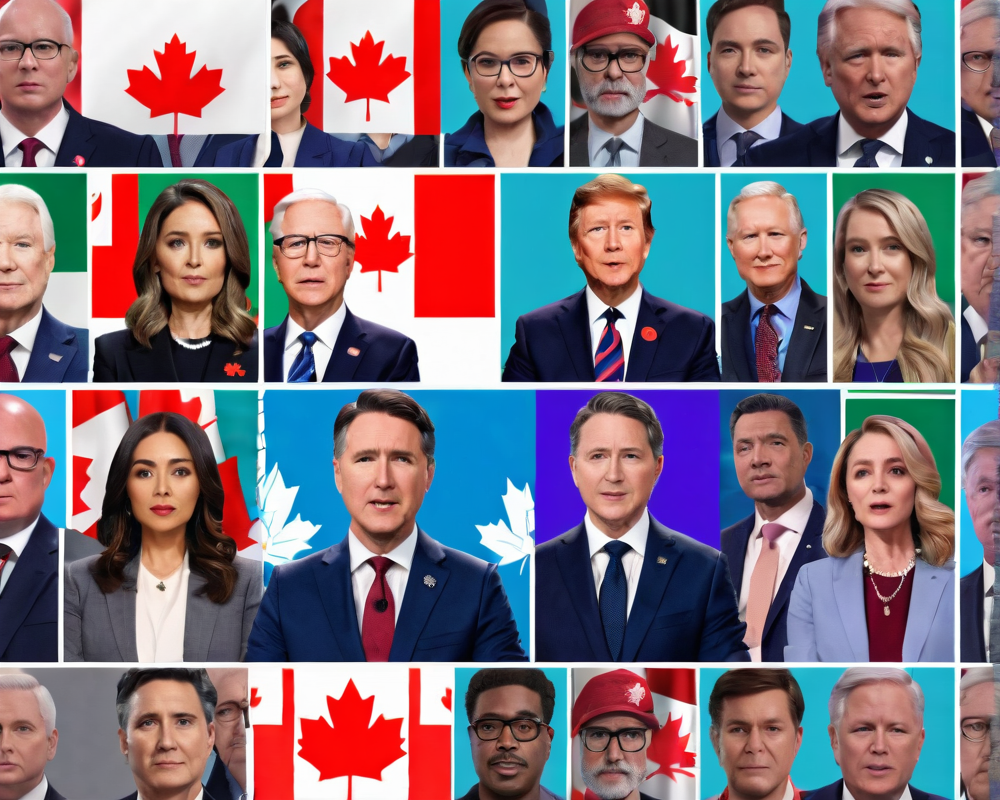The Rise of Deepfakes
In the digital age, the emergence of artificial intelligence and deepfake technology has taken the internet by storm – often for the worse. These sophisticated fakes are not just party tricks; they can be weaponized to tarnish reputations, manipulate social narratives, and even swindle unsuspecting investors.
CSIS Weighs In
Canada’s primary national intelligence agency, the Canadian Security Intelligence Service (CSIS), recently raised the alarm over the potential chaos deepfakes could unleash. With a growing complexity that renders them almost indistinguishable from reality, CSIS sees the disinformation campaigns leveraging these tools as a serious threat. They noted a particular incident where fake videos of Elon Musk promoted dubious crypto platforms, leading to significant financial losses for investors.
“Yikes. Def not me.” – Elon Musk (@elonmusk)
Beyond the Wallet: The Broader Threats
While financial fraud might be the most glaring concern, the implications of deepfakes extend into the realms of privacy invasion and social manipulation. The CSIS report highlights how bad actors exploit these technologies to distort political realities, further eroding public trust. With the potential to spread falsified information faster than a rumor in a high school hallway, the consequences could be dire for democracy as we know it.
Policy Challenges and Recommendations
To combat the evolving threat of deepfakes, CSIS is calling for swift government intervention. Their message? If policymakers take their usual sluggish approach, their responses will be obsolete before they even hit the press. The agency emphasizes the need for collaborative efforts—between governments, allied nations, and tech experts—to devise strategies that can effectively manage and mitigate deepfake threats.
The G7 Response
The urgency of the situation led to a significant step on October 30, when the Group of Seven (G7) industrial countries launched an AI code of conduct. This document, consisting of 11 meticulous points, aims to foster a framework for creating safe and trustworthy AI technologies, while navigating the many risks that this innovation brings.
Conclusion: Staying Ahead of the Game
The discussion surrounding deepfakes is only just beginning, and as we continue to unravel the complexities of AI technology, it’s crucial that we remain vigilant. With voices like Musk’s echoing in the background, it’s clear that we need to address these issues head-on before they spiral out of control.




